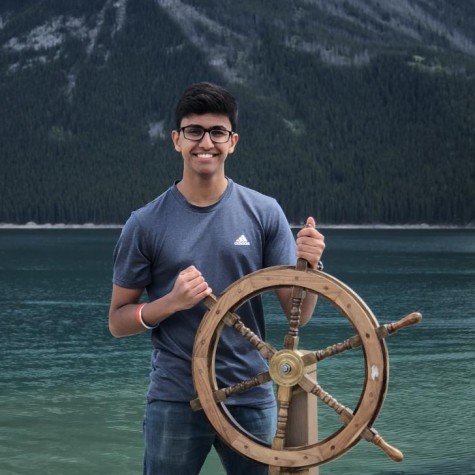The 2020 presidential elections are about a year and a half away, and many candidates are starting to announce their bid for the top office in the country.
The 2016 election was one of the most memorable ones in history. After eight years of living under a Democratic president, the Republican party had a strong showing in the election and was represented by up to 17 candidates at one point. Their final nominee ended up being Donald Trump, who went on to win the election.
On the democratic side, the race was far more tame, with only 6 candidates joining the race. In the end, the nominee decision was narrowed down to either Hillary Clinton and Bernie Sanders, with the Clinton coming out on top.
The controversies and negativity of the 2016 election made it distinct from others. Accusations and investigations against both Clinton and Trump created an intense divide among voters, and some of those investigations are continuing to this day.
Many voters are hoping the 2020 election will be more traditional, with the merit and agenda of the candidates taking center stage rather than their past and their character coming into question.
Jamie Trentz, a senior, is looking forward to a good first experience voting. “I hope that this next election is less controversial than the last,” he said. “I hope that no matter what the outcome of the election is, our country will be in good hands with the next elected leader, whether a republican or a democrat.”
In the 2020 field, there are currently 23 candidates that have pledged to run, and 21 of them are on the Democratic side.
Perhaps the top candidate by popularity on the left is Vermont Senator Sanders. His first presidential campaign in 2016 left him just shy of earning his party’s nomination, and he hopes to use his promises of income equality and reducing student debt to continue getting support.
Senator Kamala Harris from California is among the top female candidates. Many of her policies regarding taxation, healthcare, and education align directly with Sanders, but her past as the Attorney General of California has inspired her to bring some reform to the criminal justice system as well.
Beto O’Rourke has been one of the early popular candidates, having raised $9.4 million in the first 17 days of his campaign. He has strong stances regarding immigration and gun control, and strongly opposes many of Trump’s views on the subjects.
Elizabeth Warren, a senator from Massachusetts, aims to fight the power imbalance in Washington by reducing corruption and enacting policies to bring power back to the American people.
Senior Gui Pinho, who will also vote for the first time in 2020, says he is “most likely to vote for Warren, mainly due to her moderate stances and laid out action plans. She calls herself a ‘democratic capitalist’, which is something I can identify with. One of the proposals that most interests me is of raising wealth taxes to pay for higher education.”
One of the more recent campaign announcements has been from former Vice President Joe Biden. Having already been in the public eye, Biden hopes that his popularity from his time as vice president will help his campaign. However, his past record may pose challenges for him, since many of his former stances as a senator stand contrary to what his party traditionally supports.
The rest of the democratic field contains candidates all hoping to gain the support of certain groups. John Delaney, for example, has showed support for artificial intelligence and other technologies, hoping to appeal to the next generation. Mayor Pete Buttigieg stands as a representative for the LGBTQ community. As with any election, the support for these candidates will rise and fall depending on their performance on the campaign trail.
On the Republican side, Donald Trump is still the main candidate. Whether or not he will be able to overcome the turbulence of his first term will be a major deciding factor in his reelection.
Senior Ava Stigler is looking forward to seeing how Trump performs. “The ultimate goal is getting someone who will beat Trump, so even though the democratic base has skewed further left in recent years, they may need to run a more moderate candidate if they want to win.”
For many juniors and seniors at PV, the 2020 election will be the first time they vote. Regardless of their political leaning, it is in their best interest to make an informed decision, and learning about all candidates from all parts of the political spectrum is a key part of that.








